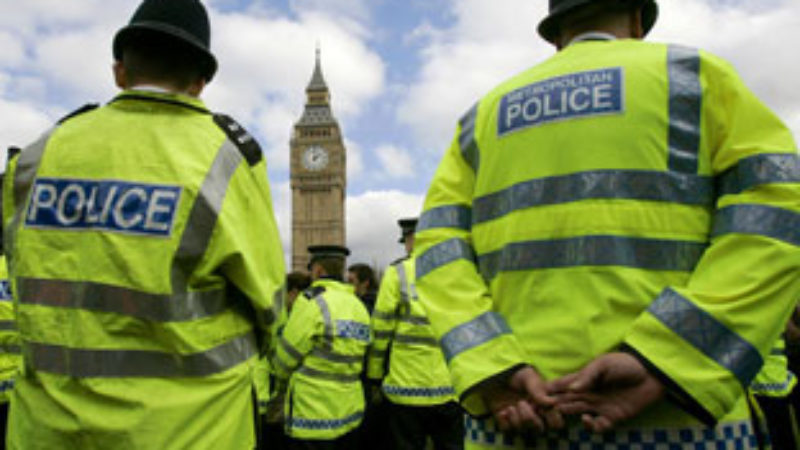
I’ve been on many demonstrations over the years – in support of miners, teachers, nurses, but never before in support of police officers. On Thursday, I will be joining thousands of police and their supporters in central London to demonstrate against the coalition’s 20% cuts to our local police.
I’m marching because the Police Federation have a case. They argue that the cuts go too far and too fast. Their chairman Paul McKeever spoke at the Labour Party conference last year. He made the argument that ‘the first duty of any government is the safety of its citizens. We believe the government is playing fast and loose with the safety of the communities we represent.’ He’s making the same points to the home secretary and the police minister today.
He’s right. You can’t withdraw a fifth of the police from our streets, and a fifth of the civilian workers who support them, and not expect any consequences. We’ve already witnessed urban riots on a scale unseen since the 1980s. In many places, the rioters looted and burned with impunity because the police did not have enough officers in the right places to keep civil order. As recession bites, we can expect further violent outbreaks in the cities. Further cuts will make it harder to control civil disturbances.
Fewer police will mean crime goes up. There is a correlation between the crime rate and numbers of police. Labour boosted the number of police, and brought in neighbourhood policing. I recall a weekend away in the Lakes being partially ruined by having to draft a section of the white paper that introduced it. Neighbourhood policing was a great success. It was one of the policies (community support officers being another) which contributed to the 40% reduction in crime when Labour was in office.
In January this year, the British Crime Survey reported the largest increase for a decade in crimes such as robbery, bag snatches, pick pocketing and violence against the person. Police recorded a 10% increase in robberies using a knife. Does any serious person think that such crimes will decrease against a backdrop of fewer police and austerity economics?
Fewer police also may mean pressure on areas such as hate crime or violence against women. Most police forces have made impressive progress in their understanding of crimes against people because of their sex, race, disability or faith. The ways women who have been assaulted or raped are treated by the criminal justice system have improved, but still have some way to go. We have come a long way from Life on Mars. The fact that issues such as racist or homophobic attacks are treated seriously by the police is the result of external pressure and campaigning – by communities and councillors. But if there are fewer civilian staff, and fewer front-line police officers, these areas are the ones which might see a decline in resources. We may slip backwards into the grip of Chris, Ray and Gene.
Labour’s candidates for the police commissioner elections in November should be highlighting these threats to policing, to our communities, and to some of the most vulnerable victims of crime. Those elected must work quickly to safeguard budgets for vulnerable groups, protect victim support, and work with senior officers to get the best possible value for money.
On Thursday, we have the chance to show ministers the strength of feeling against their 20% cuts. The police have long supported us – now we should support them.
Paul Richards is seeking the Labour nomination for police and crime commissioner in Sussex




More from LabourList
‘Labour must confront the crisis of first past the post before it’s too late’
Unite to debate affiliation with Labour Party at conference next year
Miliband tops LabourList Cabinet league table, with gender divide in PM approval